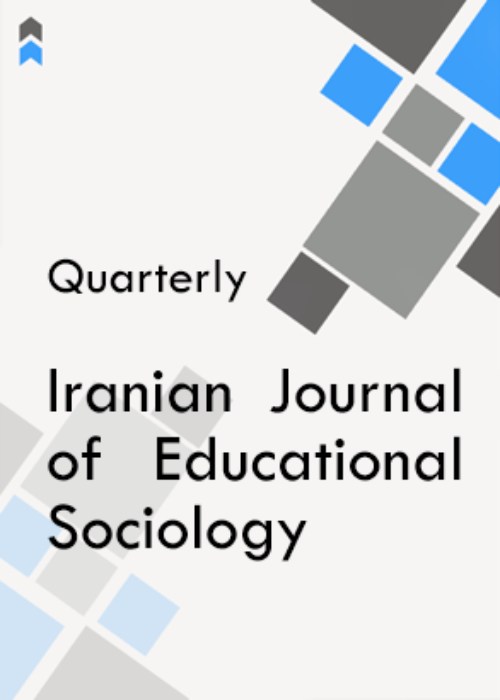Educational Challenges of Afghan High School Students in Iran from the Perspectives of English Language Teachers: Tehran Province
It is more than 30 years that Afghan people immigrate to Iran. This paper aims to find out the educational challenges Afghan High School students face in Iranian schools based on English teachers’ perspectives in Tehran province.
This research is qualitative and its kind is deductive. Based on the theoretical foundations of migration, relevant studies, especially the research of Sadegh Mousavi et al. (2019), Shishehgran and Haji Dehabadi (2018), and Songhori et al (2014) components of educational challenges were compiled. Guba and Lincoln indices (1994, quoted by Mohsenpour, 2013) were used to validate the components. The tool of this study is a Semi-structured interview based on the accredited components. Data analysis has been done by the use of Braun and Clarke’s thematic method (2006). The number of English teachers who have taught Afghan students for more than four years in public schools and participated in this study was about 32 (17 female and 15 male).
The findings show that parents of these students rarely come to school to ask about the educational progress of their students, Afghan students adapt to the content of Iranian textbooks and the curriculum as the result of having a close relationship with Iranian culture, some students work after school to help their family financially. Regarding citizenship, Afghan students consider themselves differently as first-class Iranian citizens, second-class citizens, and some do not care about the issue of citizenship in Iran because they consider life in Iran to be temporary and intend to immigrate to European countries. Among the female students, no delinquency or victimization was observed by the English teachers, but the male teachers had heard of a few cases such as buying and selling drugs and consuming them. Considering that Afghan students are interested in learning English and its skills, it is necessary to take advantage of the presence of English teachers in reducing the educational challenges of students.
This can be achieved by holding compensatory classes by these teachers themselves. This leads to more social communication between students and their English language teachers and to a large extent causes a kind of social control in preventing the occurrence of delinquency and delinquency. It is also suggested that the English language curriculum should pay attention to multiculturalism and anti-racism, and the necessary programs to familiarize school administrators, parents of students, teachers, and Iranian students, as well as parents of Afghan students and the students themselves should be provided.
- حق عضویت دریافتی صرف حمایت از نشریات عضو و نگهداری، تکمیل و توسعه مگیران میشود.
- پرداخت حق اشتراک و دانلود مقالات اجازه بازنشر آن در سایر رسانههای چاپی و دیجیتال را به کاربر نمیدهد.



